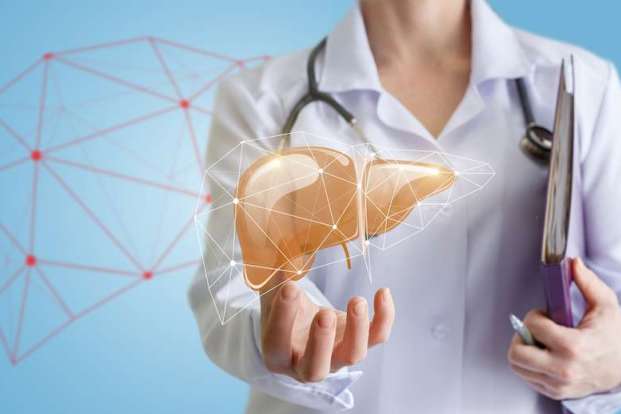What are the various kinds of liver diseases
Apr 19, 2022
Liver plays a crucial role in our body as whatever we eat digested with the help of liver. Liver also helps in preventing infections, and remove harmful substances from blood.

Hepatitis A
Hepatitis A is a highly contagious liver infection caused by the hepatitis A virus. People suffering from Hepatitis-A don’t always get the symptoms, but when you are infected by the disease you may face problems like jaundice, pain in your belly, loss of appetite, nausea, fever and diarrhea.
Diagnosis
Blood test is conducted to look for signs of hepatitis A virus in your body. Blood is taken from the patients veins and is tested in the laboratory.
Treatment
There is no specific treatment if you are suffering from Hepatitis A. The treatment usually focuses on keeping comfortable as many people feel tired and sick and fell less energetic. Doctors recommended eating throughout the day rather than eating full meals. Avoid intake of alcohol as it affects the liver badly.
Hepatitis B
Hepatitis B is an infection in liver. It can cause scarring of the organ, liver failure, and even cancer.
Diagnosis
A simple blood test helps in detection of liver damage. One can get to know the status of liver damage through a liver ultra sound. Other ways to detect Hepatitis B is through liver biopsy. It is a process where the doctor removes a small sample of your liver for testing health of the liver.
Treatment
Anti-viral medication helps the patients to fight virus and slow its ability to damage your liver. Most people diagnosed with chronic hepatitis-B infection need treatment for the rest of their lives. Treatment helps reduce the risk of liver disease and prevents you from passing the infection to others.





.png)
.jpg)
